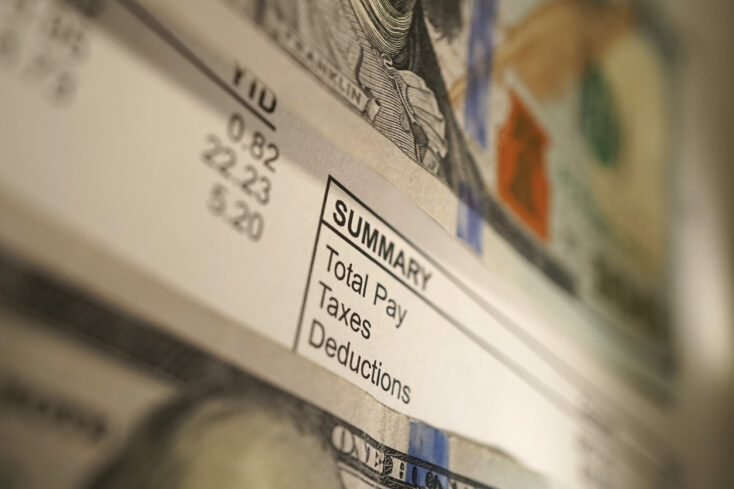On Again, Off Again: NLRB Holds that Employers May Not Discontinue Dues Deductions Upon Expiration of a Collective Bargaining Agreement
On October 3, 2022, the National Labor Relations Board (NLRB) ruled that employers must continue deducting union dues from employees’ paychecks, pursuant to their labor contracts, even after the contracts expire. The case is Valley Hospital Medical Center, Inc., N.L.R.B. Case 28-CA-213783 (Valley Hospital II).
Dues checkoff previously served as an exception to the National Labor Relations Act’s unilateral change rule, which prohibits employers from changing mandatory subjects of bargaining, such as wages and hours, without giving unions the opportunity to negotiate over their terms. The Board first implemented the dues check-off exception in 1962, in Bethlehem Steel. That rule lasted until 2015, when the Obama-era Board reversed it in its Lincoln Lutheran of Racine decision.
The Trump-era Board then resurrected Bethlehem Steel in Valley Hospital in 2019 (Valley Hospital I), but on appeal, the Ninth Circuit remanded that case for further review. And on remand, in Valley Hospital II, the NLRB’s new Democratic-majority Board concluded that dues check-off is indeed a mandatory subject that cannot be changed upon contract expiration.
In its dissent, the NLRB’s Republican Board minority criticized Valley Hospital II as contrary to the Bethlehem Steel rule that was consistently applied for over 50 years. The Republican minority also criticized the decision as inconsistent with Section 302 of the LMRA. Not only does that statute prohibit employers from deducting dues absent the employee’s written consent, but also, it expressly states that such consent must be revocable once the “applicable collective bargaining agreement” expires. According to the Republican minority, this language gives dues check-off a special status apart from other terms and conditions. The majority disagreed, however, and Valley Hospital II is now the law.
Valley Hospital II is a meaningful victory for unions, as it boosts their leverage in labor negotiations. Previously, employers had the option to cancel dues deductions, weakening the union’s revenue stream and thereby incentivizing the union to reach a new agreement more expeditiously. Under Valley Hospital II, those deductions will continue while the union leverages its other economic weapons, such as striking. To be sure, the employer can still deploy its own weapons in these situations, but Valley Hospital II does help shift the leverage in favor of the union.


